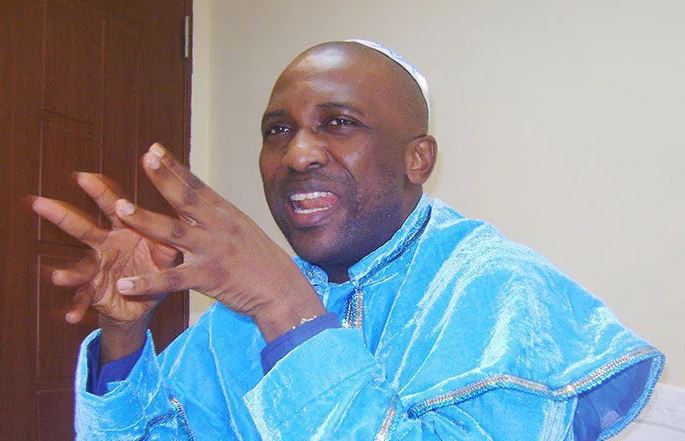 BREAKING: King Mswati III Renames Swaziland Kingdom of Eswatini
BREAKING: King Mswati III Renames Swaziland Kingdom of Eswatini
In a double celebration of the 50th independence of the Southern African country Swaziland and the leader of the country King Mswati III’s birthday, the king has renamed Swaziland, eSwatini.
Historically, Swaziland got her independence from South Africa on September 6, 1968, and it maintains absolute monarchy, ably aided by a 1975 constitution.
King Mswati III was born about five months earlier on April 19, 1968.
See the tweets:
King Mswati III has announced Swaziland ?? will now be known as The Kingdom of Eswatini
— Nomsa Maseko (@nomsa_maseko) April 19, 2018
PROFILE OF SWAZILAND – BBC
The kingdom of Swaziland is one of the world’s last remaining absolute monarchies.
The king rules by decree over his million subjects, most of whom live in the countryside and follow traditional ways of life.
The struggling economy benefited from preferential access which textile exporters had to the United States until this facility was withdrawn over human rights concerns in 2015.
The country exports sugar and many Swazis work in South Africa and send their earnings home.
According to UNICEF Swaziland has the highest HIV prevalence rate in the world. The HIV-Aids virus has killed countless Swazis who have left behind thousands of orphans. Some 210,000 people, out of a population of 1.2 million, are estimated to be living with HIV.
King Mswati III was crowned in 1986 at the age of 18, succeeding his long-serving father King Sobhuza II, who died at the age of 82.
The king, who is known a Ngweyama – “the lion” – often appears in public in traditional dress and has many wives.
He rules by decree and has been criticised for the heavy-handed treatment of opponents and for requesting public money to pay for new palaces and luxury cars.
Protesters angered by economic decline have become increasingly vocal in demanding political reform.
State control of the media is strong and journalists are liable to be prosecuted for criticising the government.
The government does not restrict access to the internet, but few Swazis can afford to go online.
















